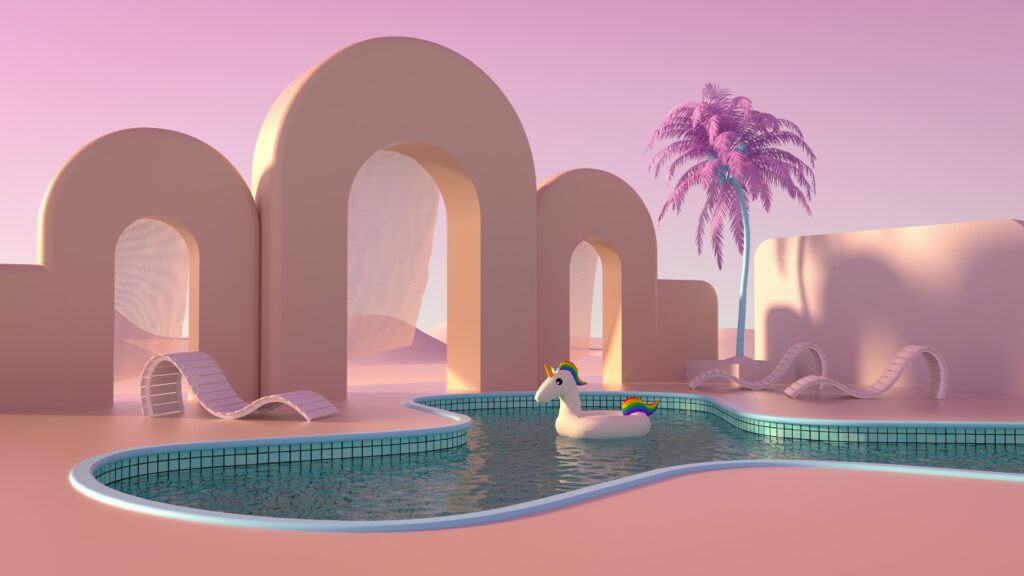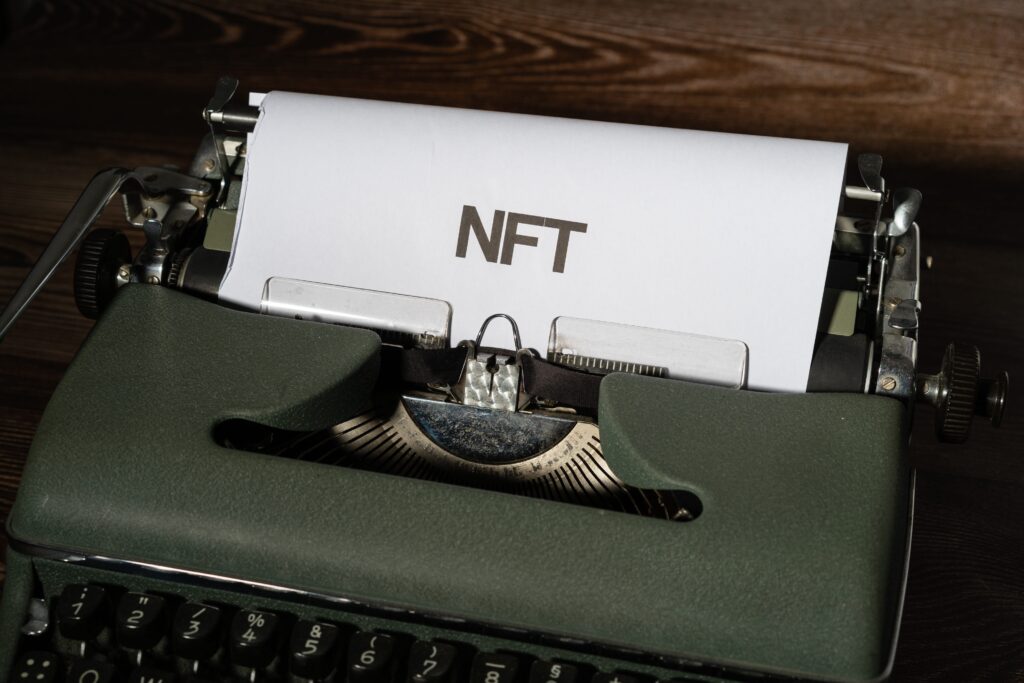
The Best Platforms for Creating NFT's
If you’re interested in creating your own NFTs, you’ll need to use a platform that allows you to do so. In this article, we’ll explore the best platforms for creating NFTs.
Non-fungible tokens (NFTs) are digital assets that represent ownership of a unique item or piece of content. They are stored on a decentralized, secure digital ledger called a blockchain, which verifies authenticity and ownership. NFTs are becoming increasingly popular for authenticating and selling digital assets because they provide a secure and verifiable way to confirm ownership.
How to Choose the Right NFT Platform for Your Needs
When it comes to creating and selling NFTs, it’s important to choose the right platform for your needs. There are a number of factors to consider when selecting an NFT platform, including the types of assets it supports, the fees and commissions it charges, and its reputation and security measures. Here are a few tips for choosing the right NFT platform for your needs:
Consider the types of assets you want to create NFTs for: Some NFT platforms specialize in certain types of assets, such as art or collectibles. Others support a wide range of assets, including digital art, music, videos, and more. Make sure to choose a platform that supports the types of assets you want to create NFTs for.
Look at the fees and commissions: Different NFT platforms charge different fees and commissions for creating and selling NFTs. Make sure to compare the fees and commissions of different platforms to find the one that best fits your budget and business model.
Consider the reputation and security measures of the platform: It’s important to choose an NFT platform that is reputable and has strong security measures in place to protect your assets and transactions. Do some research on the platform’s reputation and security measures before making a decision.

Top 5 NFT Platforms for Beginners
If you’re new to the world of NFTs and are looking for a platform to get started with, here are our top five recommendations for beginners:
OpenSea: OpenSea is a popular NFT platform that supports a wide range of assets, including digital art, music, videos, and more. It has a user-friendly interface and offers a variety of tools and resources to help you get started with NFTs.
Rarible: Rarible is another popular NFT platform that is easy to use and supports a wide range of assets. It has a large community of creators and buyers and offers a variety of features to help you create and sell NFTs.
SuperRare: SuperRare is a platform specifically designed for digital art NFTs. It has a highly curated selection of art and a supportive community of creators and buyers.
KnownOrigin: KnownOrigin is a platform for digital art NFTs that focuses on quality and authenticity. It has a strict submission process to ensure the art on the platform is of the highest quality.
Collectible: Collectible is a platform for NFTs of all types, including art, music, videos, and more. It has a user-friendly interface and offers a variety of tools and resources to help you get started with NFTs.


Advanced NFT Platforms for Experienced Users
If you’re an experienced NFT creator looking for a platform with more advanced features, here are our top recommendations:
Ethereum: Ethereum is a decentralized platform that runs smart contracts: applications that run exactly as programmed without any possibility of downtime, censorship, fraud or third-party interference. It’s the most popular platform for creating NFTs and has a wide range of tools and resources available for advanced users.
Ethereal: Ethereal is a decentralized platform that allows users to create, sell, and trade NFTs of all types. It has a variety of advanced features and tools for experienced NFT creators, including the ability to create and sell unique NFTs using smart contracts.
Nifty Gateway: Nifty Gateway is a platform for buying, selling, and creating high-quality NFTs. It has a focus on art and

Fees and charges
One important factor to consider when choosing an NFT platform is the fees and charges associated with using the platform. Each platform has its own fees and charges, which can vary significantly from platform to platform.
Transaction fees: These are fees that are charged for each transaction that takes place on the platform. This could include fees for buying or selling NFTs, as well as fees for transferring NFTs between accounts.
Listing fees: Some platforms charge a fee to list an NFT for sale. This fee can vary depending on the platform, and may be a flat rate or a percentage of the sale price.
Commission rates: Many platforms charge a commission on the sale of an NFT. This commission is typically a percentage of the sale price, and can vary from platform to platform.
It’s important to consider the fees and charges of each platform when deciding which one is right for you. Some platforms may have lower fees, but higher commission rates, while others may have higher fees but lower commission rates. It’s a good idea to compare the fees and charges of each platform to determine which one is the most cost-effective for your needs.

Conclusion
In conclusion, OpenSea, Rarible, and Mintable are all great platforms for creating NFTs. Each platform has its own unique features and benefits, so it’s important to consider which one is the best fit for your needs. Regardless of which platform you choose, make sure to do your research and carefully consider the customization options, user base, and fees before creating and selling your NFTs.
| Platform | Customization Options | User Base | Fees |
|---|---|---|---|
| OpenSea | Wide range of NFT standards supported | Large and active user base | Low transaction fees, but high listing fees and commission rates |
| Rarible | ERC-721 standard supported | Growing user base | Low transaction fees and listing fees, but high commission rates |
| Mintable | Custom smart contract creation | Smaller user base | No transaction or listing fees, but high commission rates |



